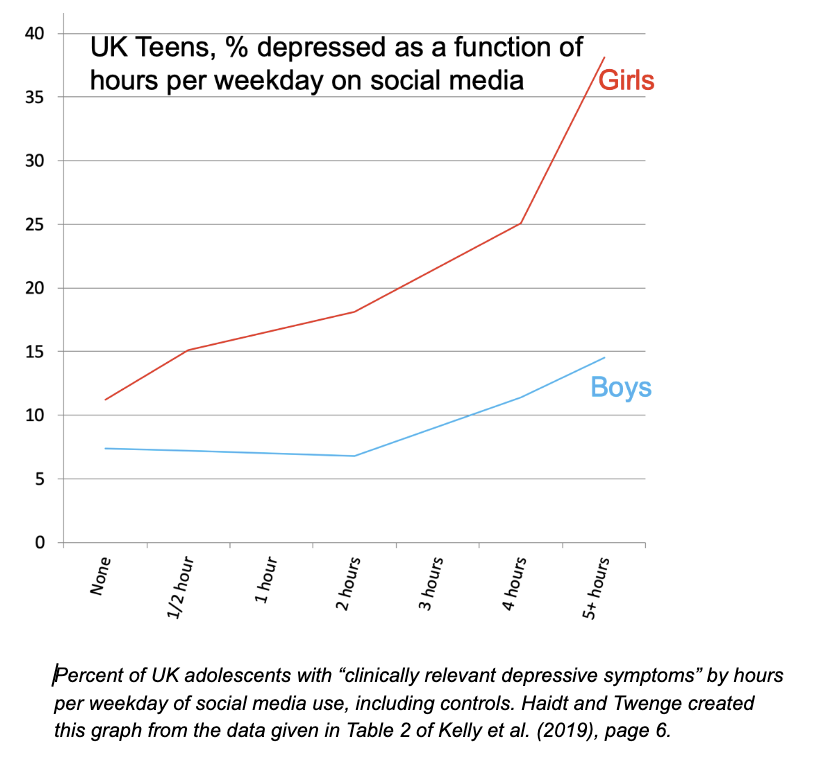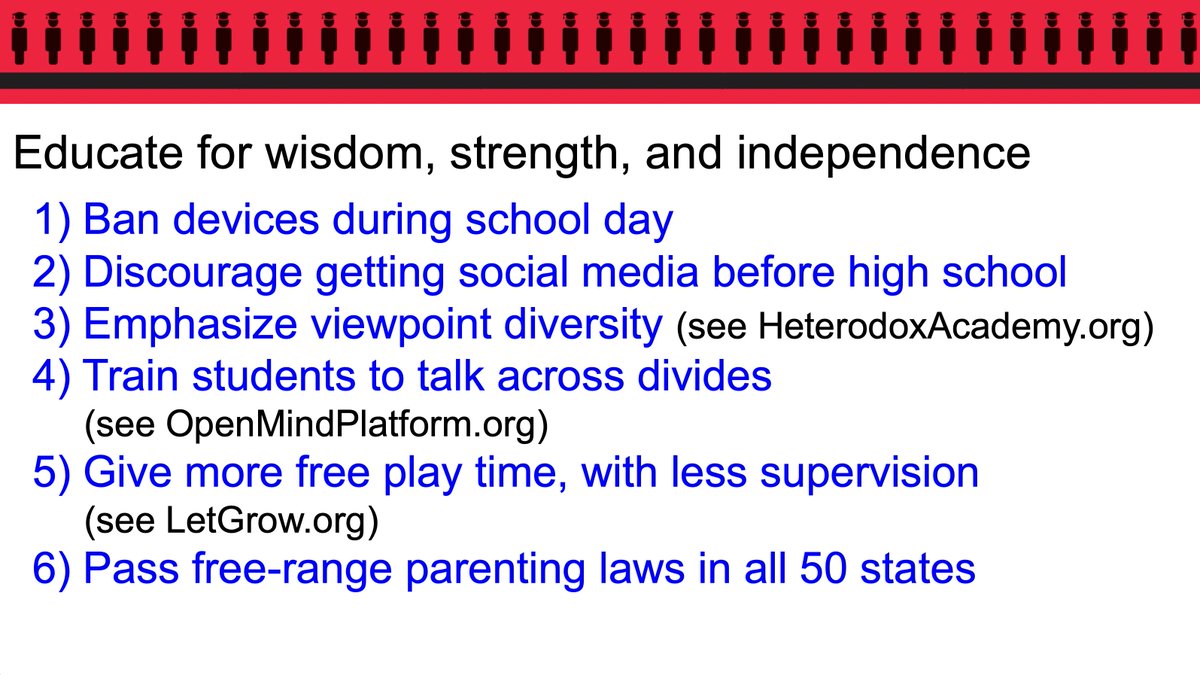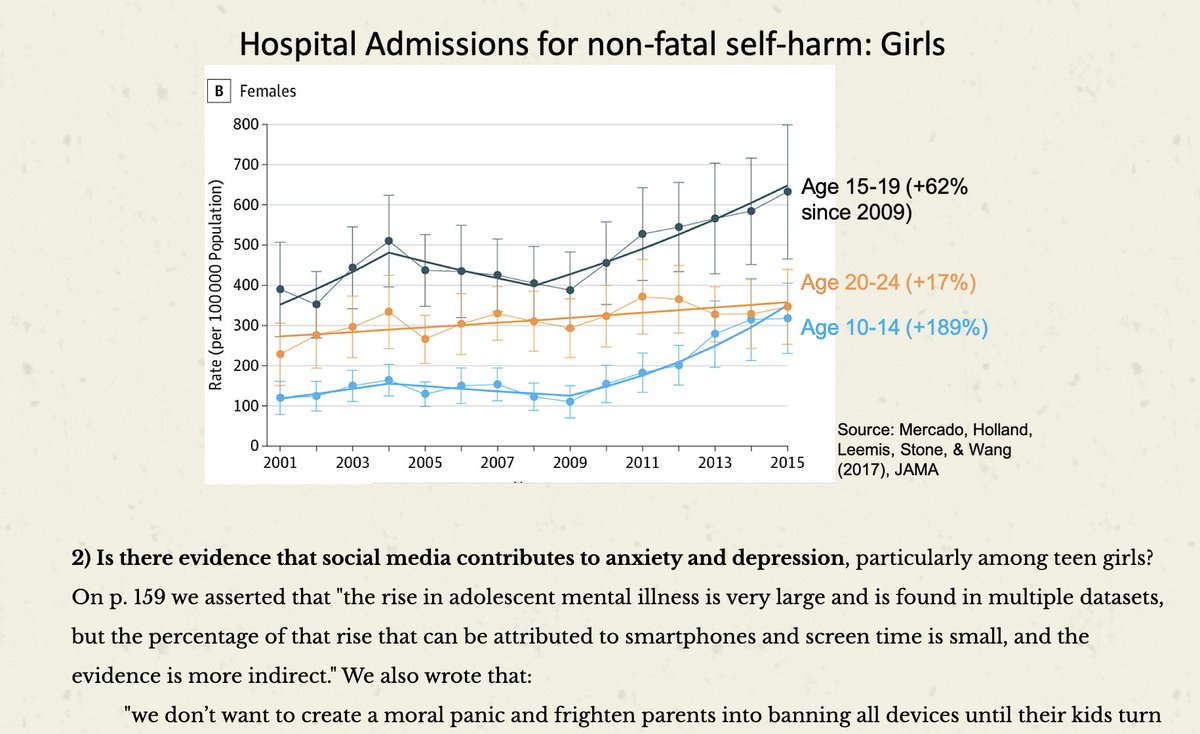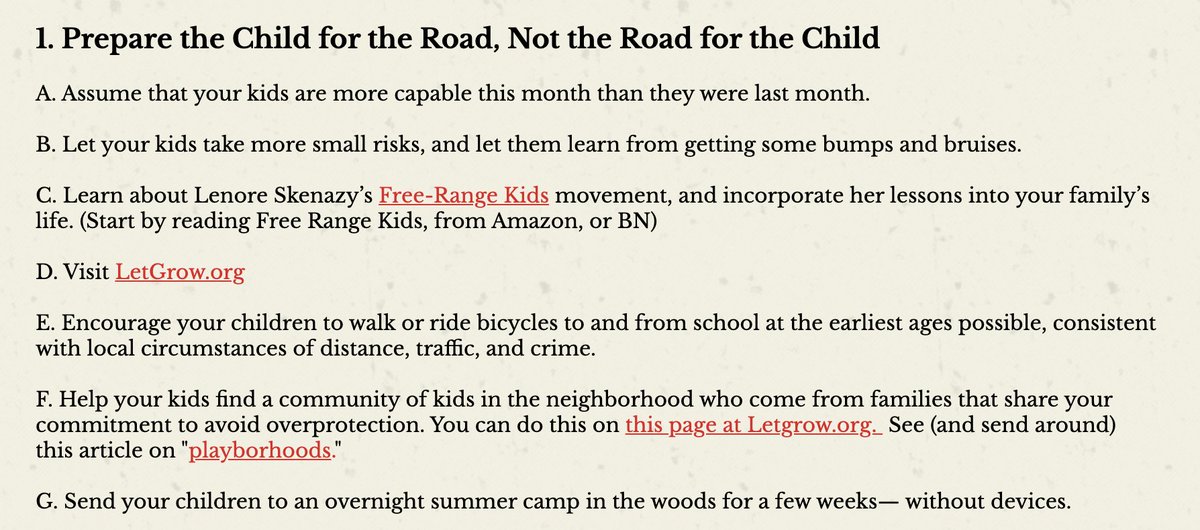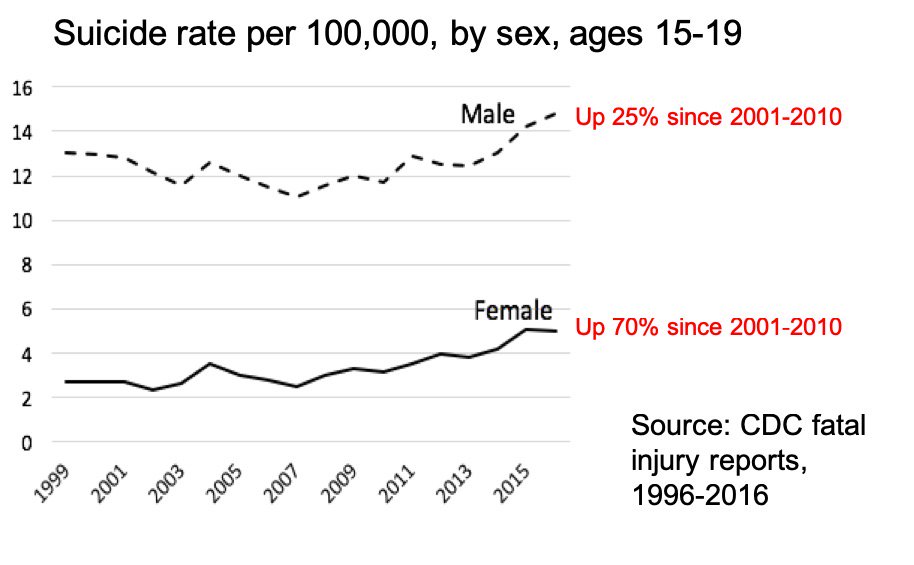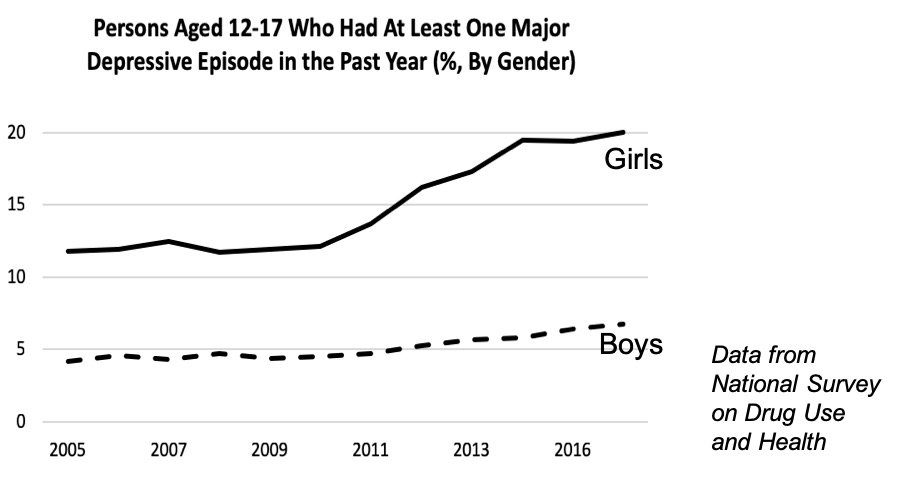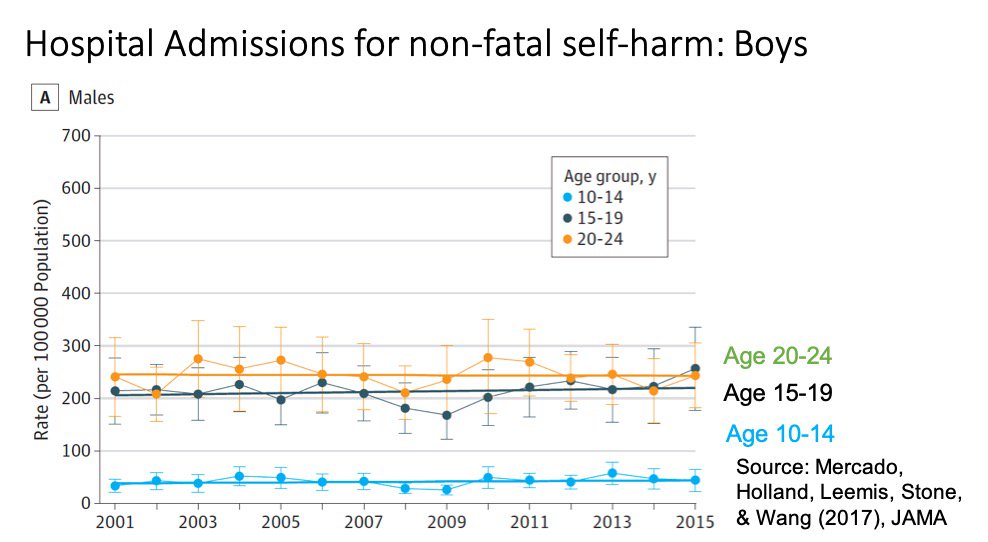
Thread:
1. I join emerging consensus that “screen time” is not well-linked to mental health problems for teens. Yet @jean_twenge and I find that most studies that clear “screen time” do not clear social media for girls. Great summary by Markham Heid:
elemental.medium.com/kids-are-stari…
1. I join emerging consensus that “screen time” is not well-linked to mental health problems for teens. Yet @jean_twenge and I find that most studies that clear “screen time” do not clear social media for girls. Great summary by Markham Heid:
elemental.medium.com/kids-are-stari…
2. I've been persuaded by debate & discussion with @candice_odgers, @CJFerguson1111, @OrbenAmy & @ShuhBillSkee that some forms of “screen time” are good, esp when promoting synchronous interaction (FaceTime, Zoom, multiplayer video games); and of course many are educational.
3. But when you read headlines like “don’t freak out about screen time” they usually cite a paper by @OrbenAmy & @ShuhBillSkee which reported that screen time is no more predictive of problems than is "eating potatoes."
nature.com/articles/s4156…
nature.com/articles/s4156…
4. Yet in our new publication, @jean_twenge and I show that in the same datasets, there's a much bigger link, for girls, between social media use & well-being. Correlations around -.17.
nature.com/articles/s4156…
nature.com/articles/s4156…

5. Correlations with well-being around -.17 are not “small potatoes.” In figure 2 we show how that compares to other relationships in those large datasets: 
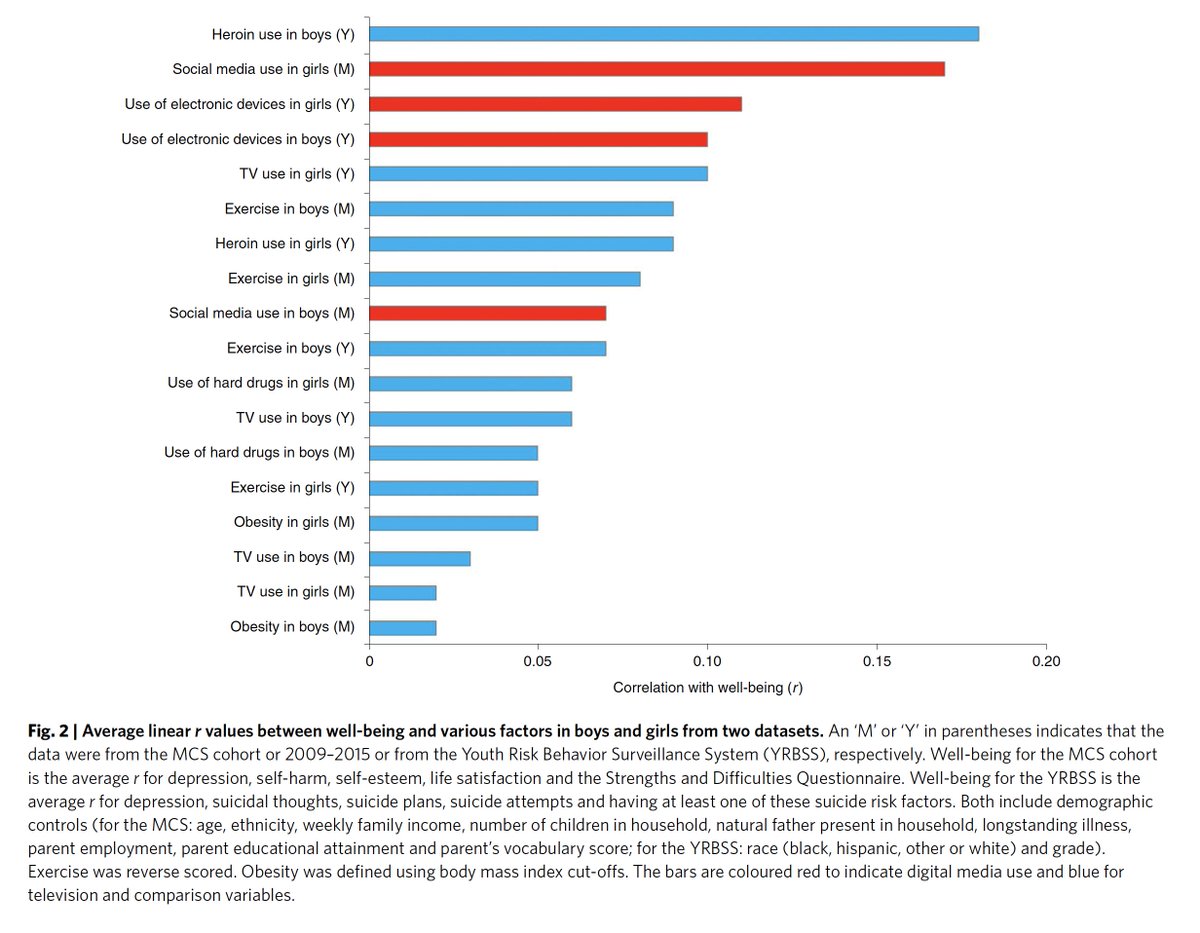
6. We show that the authors made 6 choices that brought correlations down to triviality (potatoes), eg: merging all screen time, merging boys & girls; controlling for variables related to the outcome such as feeling unhappy at school. From the Heid essay: 
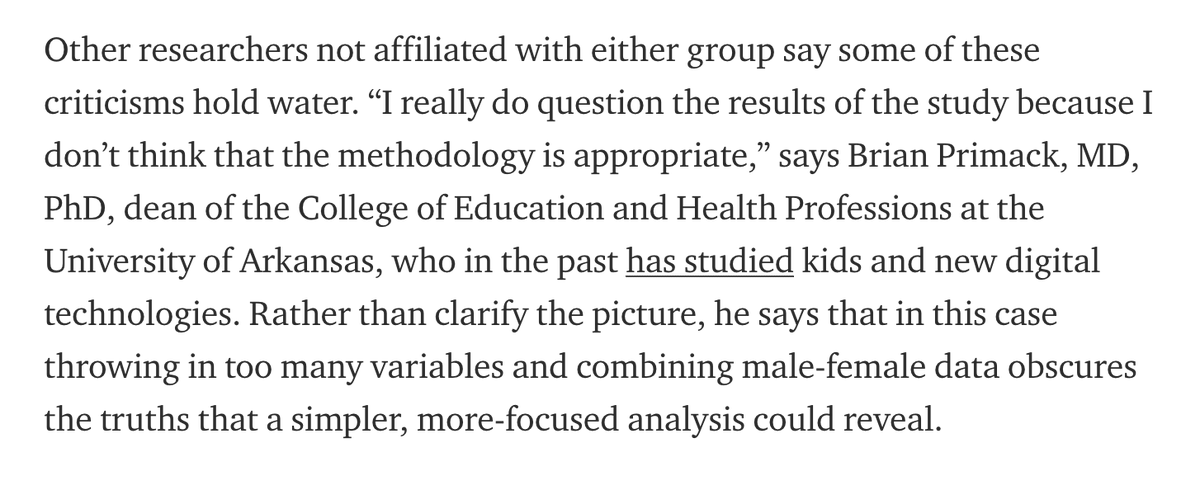
7. We find the same thing in another paper by the same authors, using time use diaries, which reports little association between “digital screen engagement” and well being.
journals.sagepub.com/doi/10.1177/09…
journals.sagepub.com/doi/10.1177/09…
8. OK, but in another recent publication looking at the same datasets, @jean_twenge and I find that when you zoom in on social media and girls, you obtain much larger correlations: frontiersin.org/articles/10.33…
9. Same pattern in a recent pub showing that “kids these days” who have a lot of “screen time” do not show slower dev of social skills.
One exception: "social skills are lower for children who access online gaming and social networking many times a day."
journals.uchicago.edu/doi/abs/10.108…
One exception: "social skills are lower for children who access online gaming and social networking many times a day."
journals.uchicago.edu/doi/abs/10.108…
10. Note: most of this debate is over correlational studies about “screen time." Orben is right, these have limits. But we have found 10 experiments with random assignment to reduce social media; 7 find a sig. benefit. See sec. 3 of our lit review:
tinyurl.com/SocialMediaMen…
tinyurl.com/SocialMediaMen…

11. In conclusion, I have changed my mind from engaging with critics. "Screen time” does not make teens depressed (though smartphones have hi opportunity costs).
But heavy use of social media--esp. for girls--emerges from many datasets as the main exception to that statement.
But heavy use of social media--esp. for girls--emerges from many datasets as the main exception to that statement.
Followup tweets, May 6:
12. I have also benefited from engaging in debate with @patmarkey on Twitter, and with @Prof_Nick_Allen -- see our collegial exchange over this topic in @nature:
nature.com/articles/d4158…
12. I have also benefited from engaging in debate with @patmarkey on Twitter, and with @Prof_Nick_Allen -- see our collegial exchange over this topic in @nature:
nature.com/articles/d4158…
13. Figure 2 in tweet 5 does NOT mean that social media is as dangerous as heroin. It means that in this large dataset, heroin use [dangerous but rare] explains about as much variation in well being as does social media use.
14. This debate needs to be set against the background of the sudden rise in depression/anxiety that hit teen girls (primarily) around 2012. What else can explain the timing and the sex diff? See our lit review
docs.google.com/document/d/1di…
docs.google.com/document/d/1di…

15. This whole debate is about individual-level dose-response mechanisms. We still need to look at systemic effects, e.g., how did teen social networks change when most teens moved rapidly onto a few platforms? I frame that question here:
nature.com/articles/d4158…
nature.com/articles/d4158…
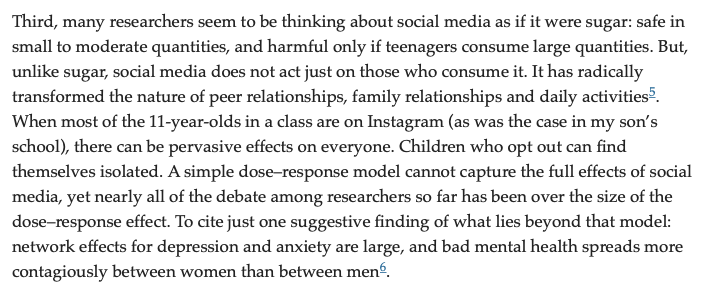
16. So the debate over "teens and screens" is not over, but it has narrowed, many points of agreement are emerging, and we're moving on to better questions. Civil debate and viewpoint diversity--within a community that shares ground rules--works.
17. Here's a great new 10 min video that sums up the debate and shows how it is narrowing, with statements from both sides. From @psych_of_tech
• • •
Missing some Tweet in this thread? You can try to
force a refresh



